Serbian President Aleksandar Vucic announced on September 30 that he had ordered the withdrawal of troops. In a statement to the Financial Times , he said any military action would be counterproductive, adding that “Serbia does not want war.”
A Kosovo government official in Pristina confirmed that Serbia on September 30 withdrew some of the troops and military equipment it had deployed to positions around the Kosovo border over the past five days. However, the Serbian army still maintains a significant force in the area.
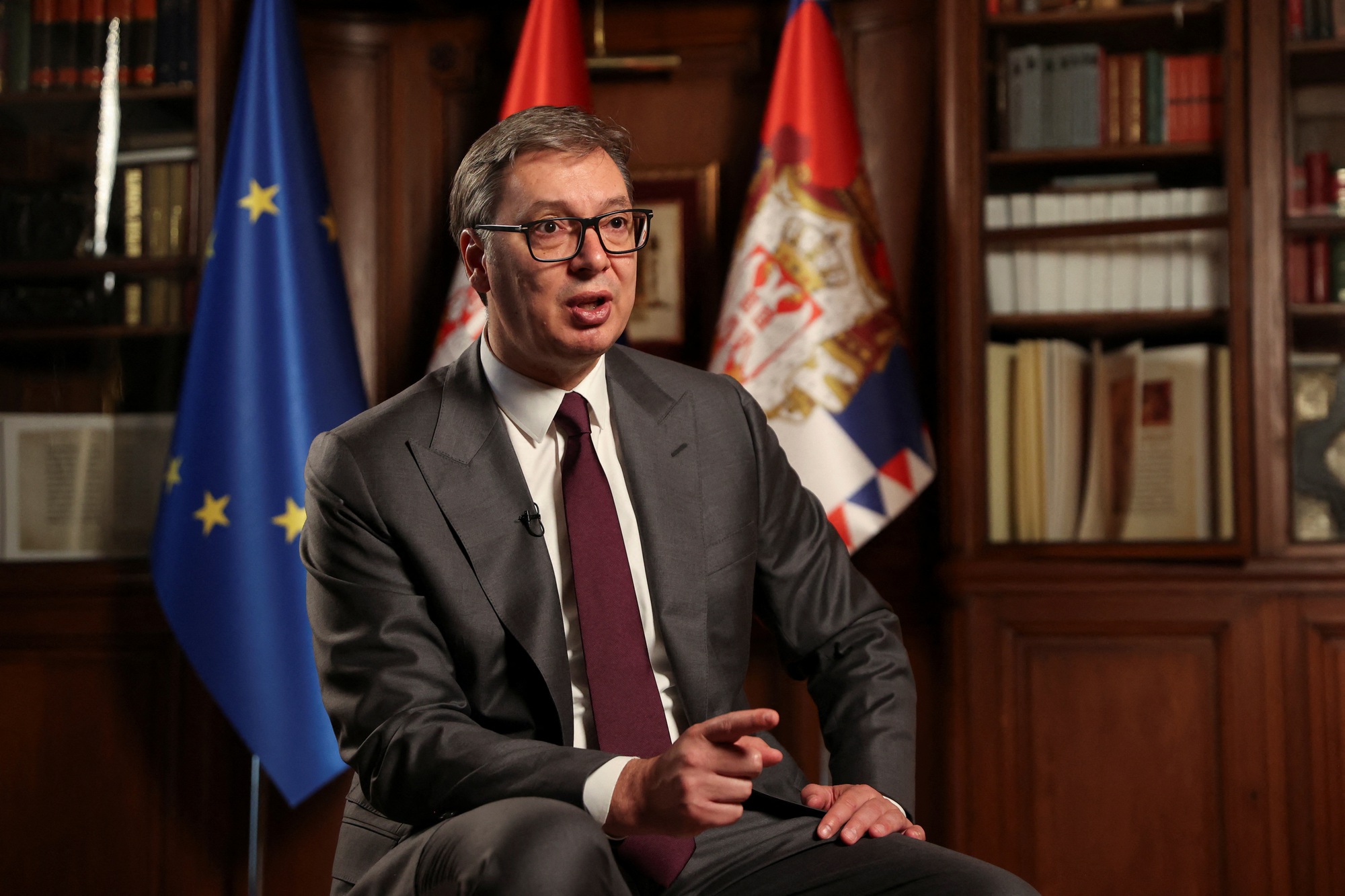
President of Serbia Aleksandar VuciU
According to The Guardian , the withdrawal came after the White House publicly expressed concern about rising tensions between Serbia and Kosovo, US Secretary of State Antony Blinken spoke by phone with Mr. Vucic and NATO added hundreds of British troops to its peacekeeping force in Kosovo (Kfor).
In a phone call with the Serbian president, Mr. Blinken called for “immediate de-escalation” and a return to the agreement to normalize relations between Belgrade and Kosovo.
According to Vucic, the US secretary of state warned that Washington could impose sanctions on Serbia if he did not heed the US call. "I said you are a superpower and you can do or say whatever you want, but I am strongly against it. I think it will be very bad," the Tanjug news agency quoted the Serbian leader as saying.
On the evening of September 30, German Ambassador to the United States Andreas Michaelis described the situation in Kosovo as "another powder keg in Europe" and a threat that must be taken seriously. He said Germany and the United States had "cooperated closely" in recent days and that "Serbia needs to act now."
The US warning comes after a week of heightened tensions that began with an ambush by Serb paramilitary forces on a Kosovo police patrol that left one police officer dead. Three Serb gunmen were also killed in the incident.
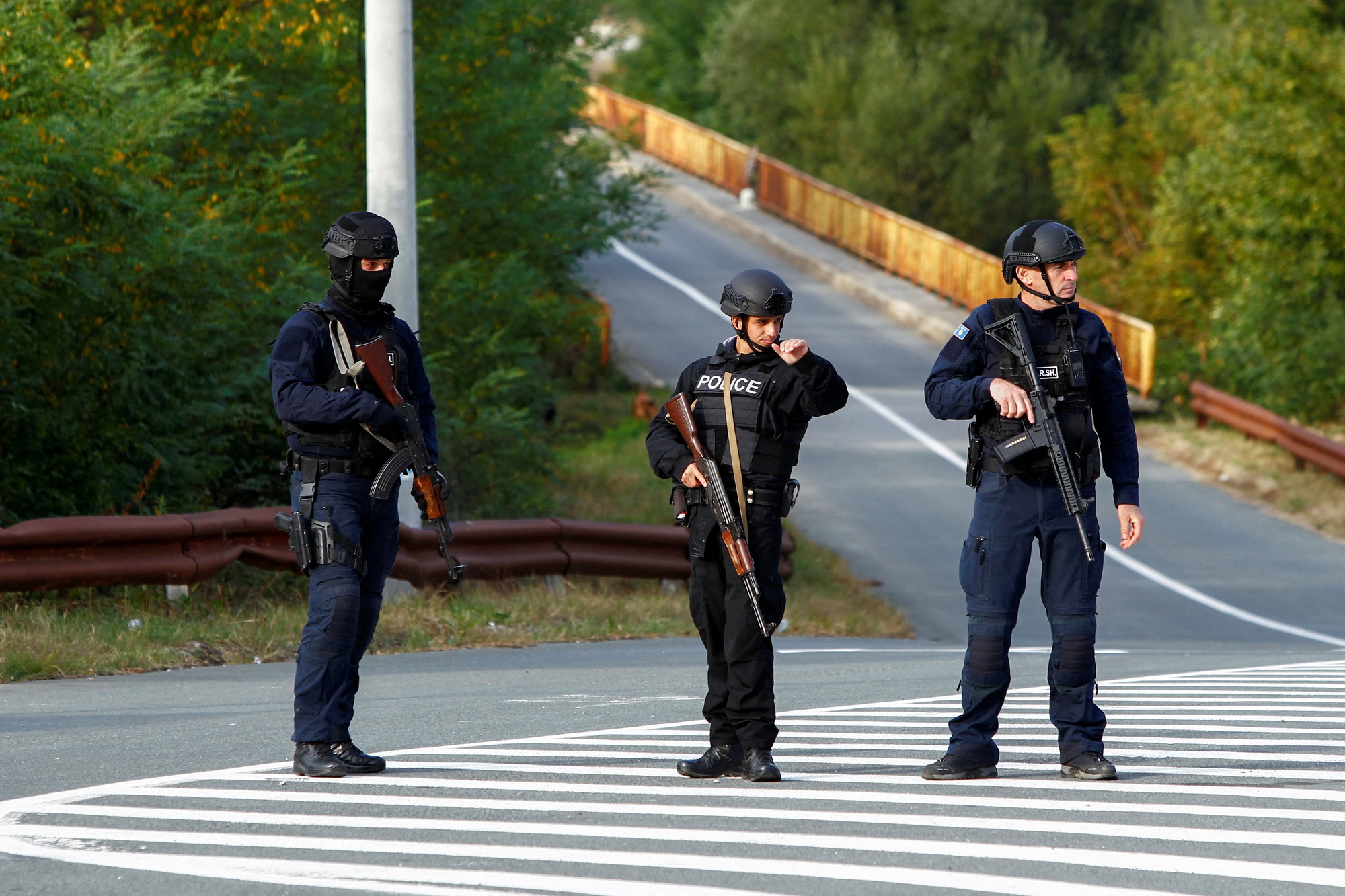
Kosovo police patrol the streets near the scene of the gunfight
The armed group was led by Milan Radoicic, deputy leader of the Serb List, a Belgrade-backed party representing the Serb minority in northern Kosovo. Through his lawyer, Radoicic said he took responsibility for the shootout with Kosovo police, but did not explain the source of the sophisticated weapons the Serb paramilitaries carried.
Kosovo authorities released a document that said the grenade launchers the group was carrying had been given to them by the Serbian army. Officials in Pristina expressed concern that the September 24 shootout was intended to create a pretext for Serbian military intervention in northern Kosovo.
The shooting has raised fresh international concerns about the stability of Kosovo, a territory with a majority ethnic Albanian population. Kosovo unilaterally declared independence from Serbia in 2008 following a separatist uprising and NATO intervention in 1999.
Source link





![[Photo] Prime Minister Pham Minh Chinh and Prime Minister of the Kingdom of Thailand Paetongtarn Shinawatra attend the Vietnam-Thailand Business Forum 2025](https://vphoto.vietnam.vn/thumb/1200x675/vietnam/resource/IMAGE/2025/5/16/1cdfce54d25c48a68ae6fb9204f2171a)





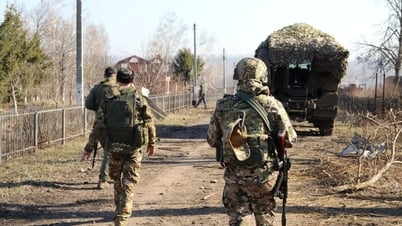





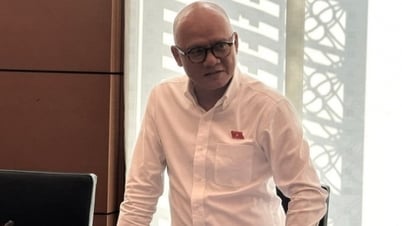

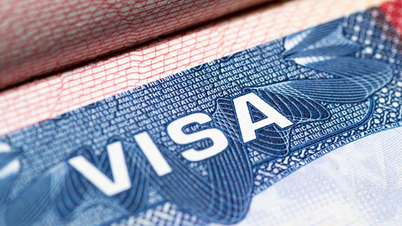








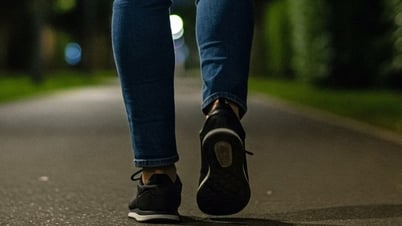
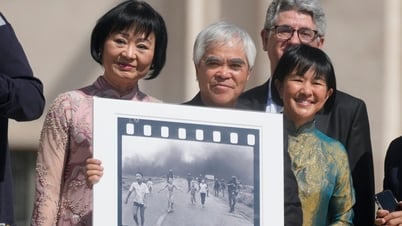
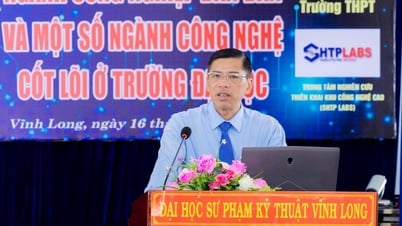

![[Photo] President Luong Cuong receives Prime Minister of the Kingdom of Thailand Paetongtarn Shinawatra](https://vphoto.vietnam.vn/thumb/1200x675/vietnam/resource/IMAGE/2025/5/16/52c73b27198a4e12bd6a903d1c218846)













































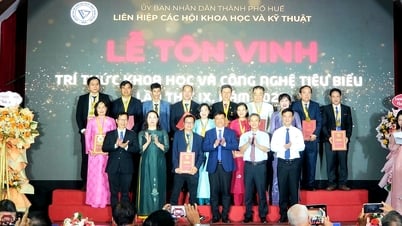



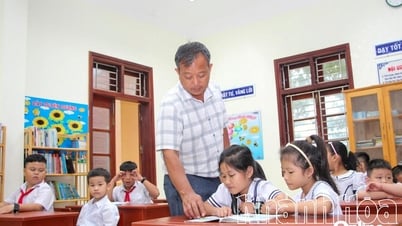

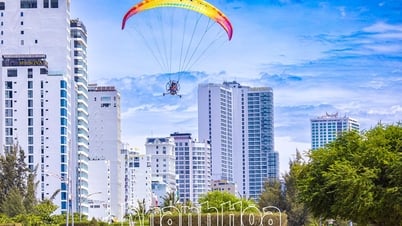











Comment (0)